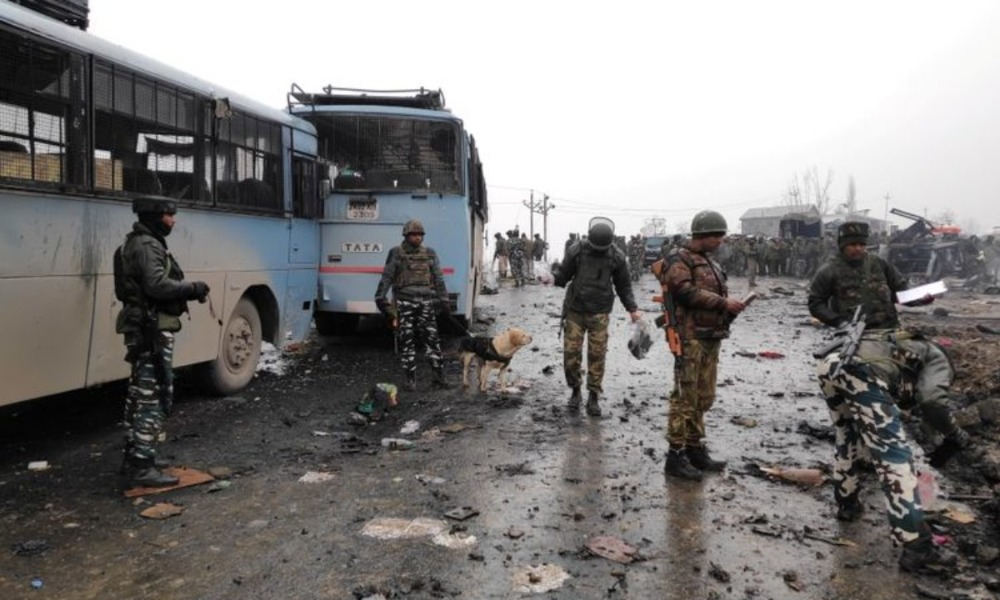Arrival of ‘sticky bombs’ in Indian Kashmir sets off alarm bells

Security forces battling a decades-long insurgency in Indian-controlled Kashmir have raised concerns about the recent arrival in the disputed region of small, magnetic bombs that have wreaked havoc in Afghanistan.
“Sticky bombs”, which can be attached to vehicles and detonated remotely, have been seized during raids in recent months in the federally administered region of Jammu and Kashmir, three senior security officials told Reuters.
“These are small IEDs and quite powerful,” said Kashmir Valley police chief Vijay Kumar, referring to improvised explosive devices (IEDs).
“It will certainly impact the present security scenario as volume and frequency of vehicular movements of police and security forces are high in Kashmir Valley,” Reuters quoted him as saying.
The Indian government flooded Kashmir, already one of the world’s most militarised regions, with more troops in August 2019, when it split the country’s only Muslim-majority state into two federally administered territories.
According to Reuters, the arrival of the sticky bombs in India-controlled Kashmir – including 15 seized in a February raid – raises concerns that an unnerving tactic attributed to the Taliban insurgents in Afghanistan could be spreading to the India-Pakistan conflict.
Afghanistan in recent months has seen a series of sticky-bomb attacks targeting security forces, judges, government officials, civil society activists and journalists. The attacks – some as victims sat in traffic – have sown fear, while avoiding substantial civilian casualties.
Reuters reported that none of the devices seized in Kashmir was produced there, a senior security official said, suggesting they were being smuggled from Pakistan. “All of them have come via drone drops and tunnels,” he said.
Kashmir has long been a flashpoint between nuclear-armed neighbours India and Pakistan, which each claim all of the Himalayan region but rule only parts of it.
